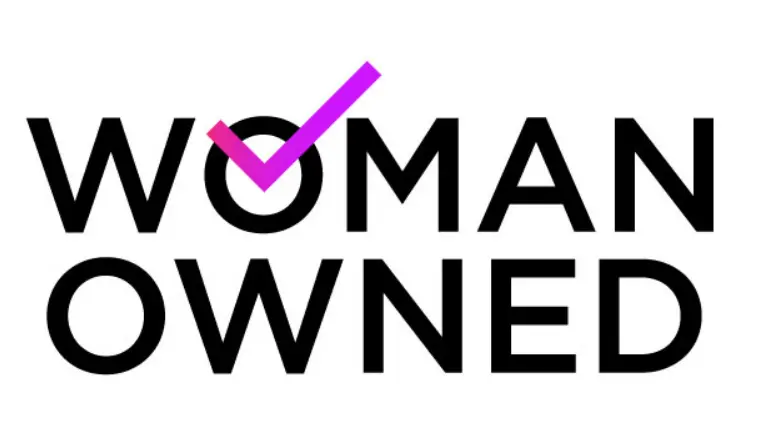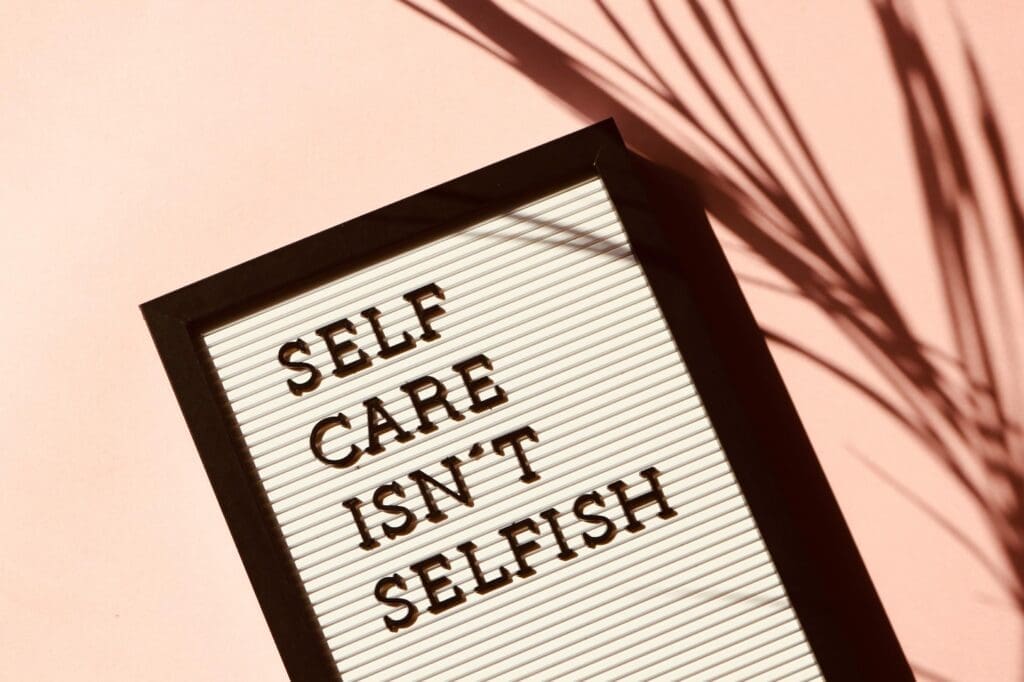The books featured in this blog offer valuable insights and resources for anyone looking to understand attachment. Each book dives into the concept of attachment, explaining it in depth while also offering strategies for coping with attachment-related challenges. These books are perfect for those seeking to better understand attachment and its impact on their daily lives.
****
The Power of Attachment: How to Create Deep and Lasting Intimate Relationships By Diane Poole Heller

The Power of Attachment: How to Create Deep and Lasting Intimate Relationships by Diane Poole Heller explores how our early attachment patterns significantly impact our adult relationships. Drawing from attachment theory, Heller identifies four key attachment styles: secure, avoidant, ambivalent, and disorganized. She uses these attachments to demonstrate how these patterns established in childhood influence our capacity for intimacy, emotional regulation, and connection. The book provides practical exercises and insights to help readers recognize their own attachment patterns, heal from attachment wounds, and develop more secure relationships.
The Power of Attachment offers invaluable practical guidance for anyone struggling with relationship patterns they can’t seem to break. Heller’s approach is particularly helpful because she translates complex psychological concepts into accessible insights and actionable strategies that readers can immediately apply to their lives. The book serves as both a self-diagnostic tool and a roadmap for healing, allowing readers to identify their attachment style and understand how it manifests in their relationships. Through targeted exercises and real-life examples, readers gain tools to regulate emotional responses, communicate more effectively, and build trust with partners.
Attached By Amir Levine & Rachel Heller

Attached by Amir Levine and Rachel Heller presents attachment theory as a powerful framework for understanding adult romantic relationships. The authors identify three primary attachment styles: secure, anxious, and avoidant. Through research, case studies, and real-life examples, the book demonstrates how these attachment styles influence relationship dynamics, communication patterns, and conflict resolution. Levine and Heller argue that recognizing your attachment style and that of your partner is crucial for building healthy relationships, and they provide strategies for becoming more secure regardless of your natural tendencies. The book challenges the cultural narrative that dependency is weakness, instead suggesting that acknowledging our innate need for connection and understanding attachment dynamics are keys to fostering fulfilling, stable relationships.
Attached provides readers with a realistic toolkit for understanding and improving their relationships by focusing on attachment science rather than relationship advice. The book’s greatest strength lies in its ability to help readers identify their own attachment patterns and those of their partners. By explaining how attachment styles influence behavior during conflicts and emotional situations, it enables readers to recognize triggers and respond more effectively. Levine and Heller offer concrete strategies for communication and boundary-setting tailored to each attachment combination, making it immediately applicable to real-life relationship challenges.
The Five Levels of Attachment: Toltec Wisdom For The Modern World By Don Miguel Ruiz Jr.

The Five Levels Attachment by Don Miguel Ruiz Jr. expands on his father’s Toltec wisdom tradition to explore how we become attached to our beliefs, ideas, and perspectives. Ruiz outlines five progressive levels of attachment: Authentic Self (healthy detachment), Preference (flexible attachment), Identity (stronger attachment), Internalization (rigid attachment), and Fanaticism (complete attachment). The book explains how moving up these levels causes us to become increasingly identified with our beliefs until they control our lives and relationships. He emphasizes that by loosening our grip on attachments, we live more authentically, make choices aligned with our true nature, and maintain healthier relationships with others who may hold different perspectives.
The Five Levels of Attachment offers a refreshingly practical approach to self-awareness by providing readers with a clear framework to identify how strongly they have become attached to their beliefs and opinions. This insight proves invaluable for anyone struggling with rigid thinking, relationship conflicts, or feeling trapped by their own perspectives. Ruiz’s teachings help readers recognize when healthy preferences transform into harmful obsessions that damage relationships and limit growth. The book is particularly useful for navigating today’s polarized social climate, as it teaches how to hold beliefs without letting them define our worth or the worth of others. By applying the Toltec wisdom practices outlined in the book, readers can develop greater mental flexibility, reduce unnecessary suffering caused by attachment, and experience more authentic connections with others who think differently.
Attachment: 60 Trauma-Informed Assessment and Treatment Interventions Across the Lifespan By Christina Reese

Attachment: 60 Trauma-Informed Assessment and Treatment Interventions Across the Lifespan by Christina Reese serves as a comprehensive clinical resource that bridges attachment theory and practical therapeutic interventions. Reese provides mental health professionals with 60 evidence-based, trauma-informed techniques designed to address attachment disruptions at every developmental stage from childhood through adulthood. The book integrates neurobiological understandings of attachment with concrete assessment tools and treatment strategies that can be immediately implemented in clinical practice. Reese emphasizes how early attachment patterns influence both psychological development and physical health throughout life, while demonstrating how appropriate interventions can foster healing after significant attachment trauma.
Attachment by Cristina Reese provides great insight for mental health professionals working with attachment-related issues. The book stands out for its immediate clinical utility, offering ready-to-use assessments and interventions that therapists can incorporate into their practice. Its lifespan approach makes it versatile for clinicians working with a diverse population, while the trauma-informed framework ensures sensitivity to underlying attachment wounds. Particularly helpful is how Reese categorizes interventions by attachment style and developmental stage, allowing practitioners to quickly identify appropriate techniques for specific client presentations. The book bridges theoretical understandings with practical application, making complex attachment concepts accessible through concrete therapeutic activities. More specifically, this book provides a structured pathway to help clients develop healthier attachment patterns, process trauma, and build more fulfilling relationships.




